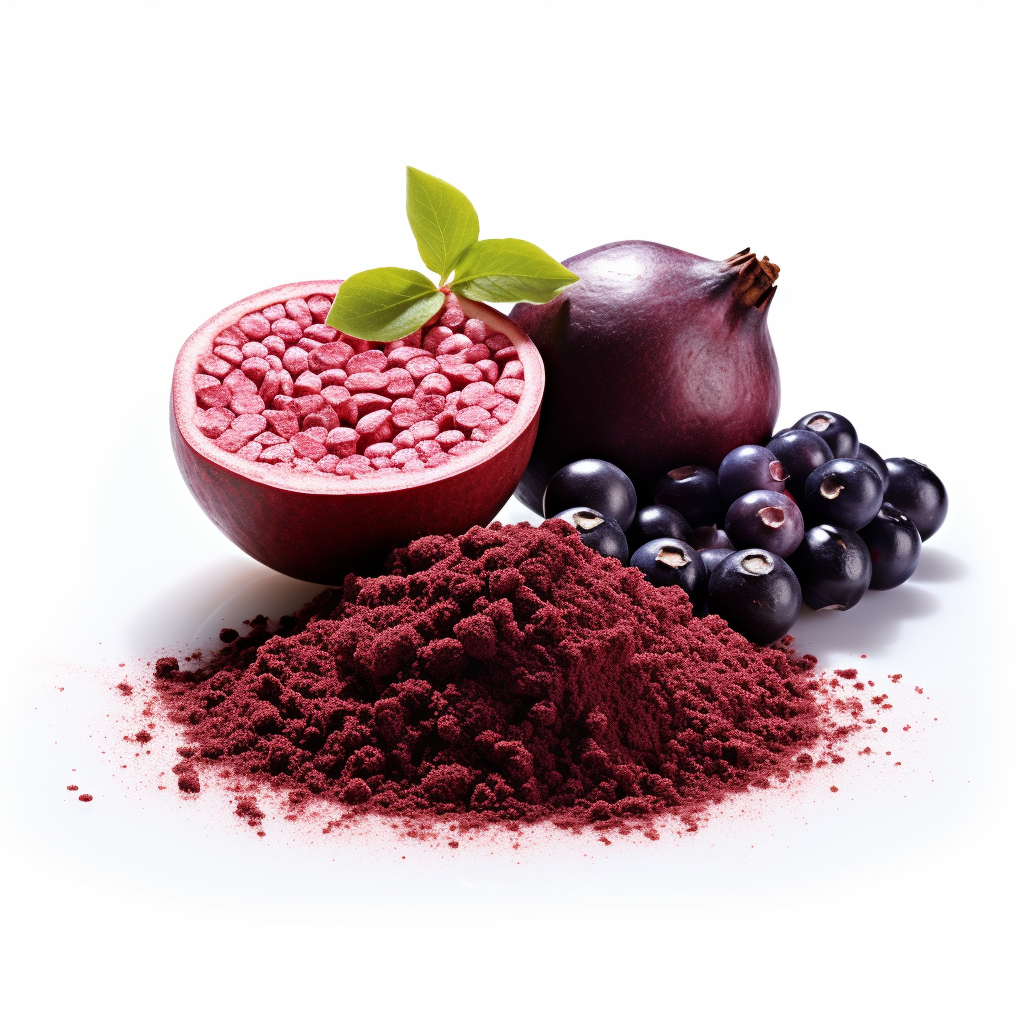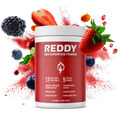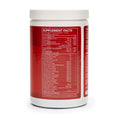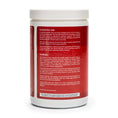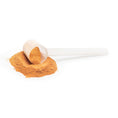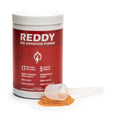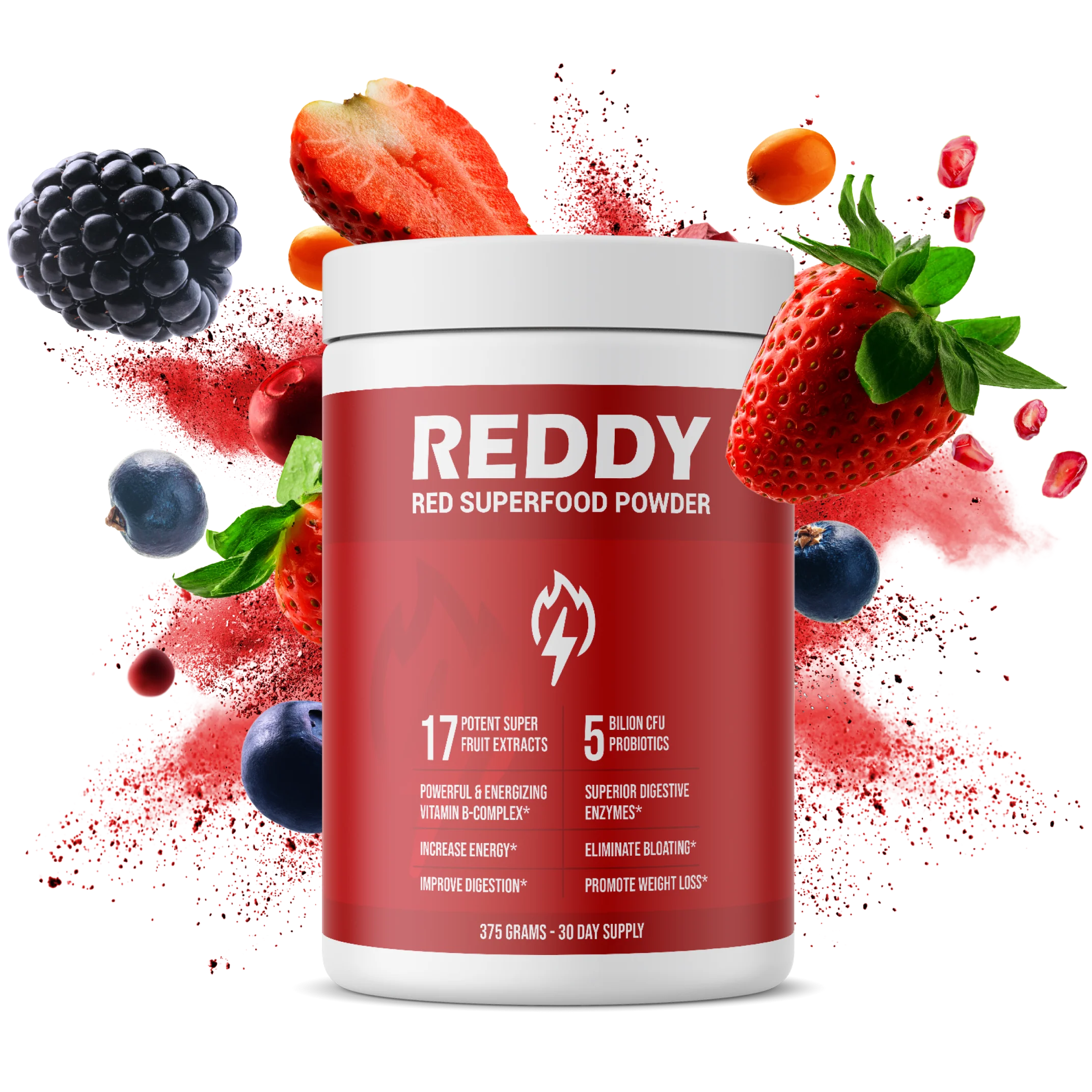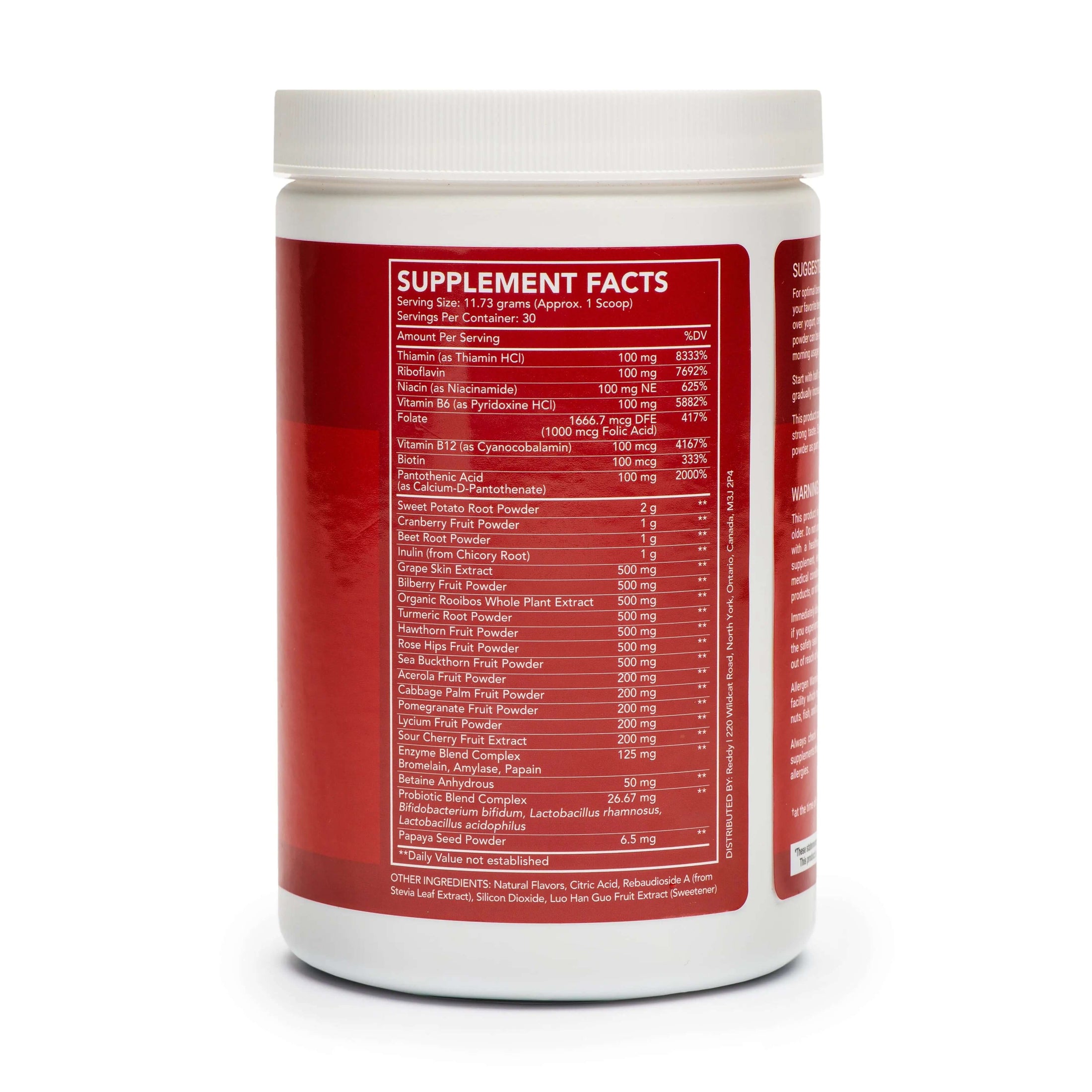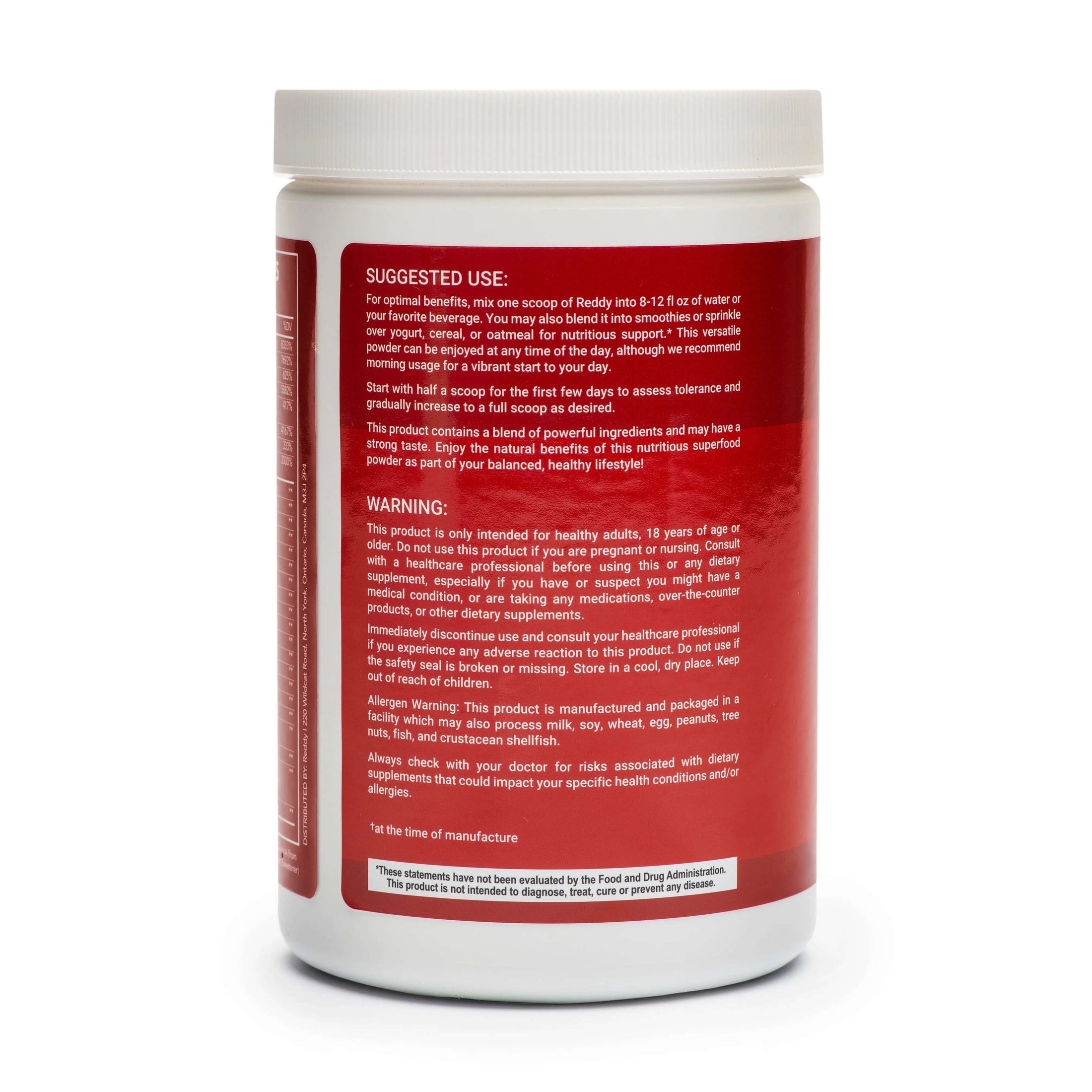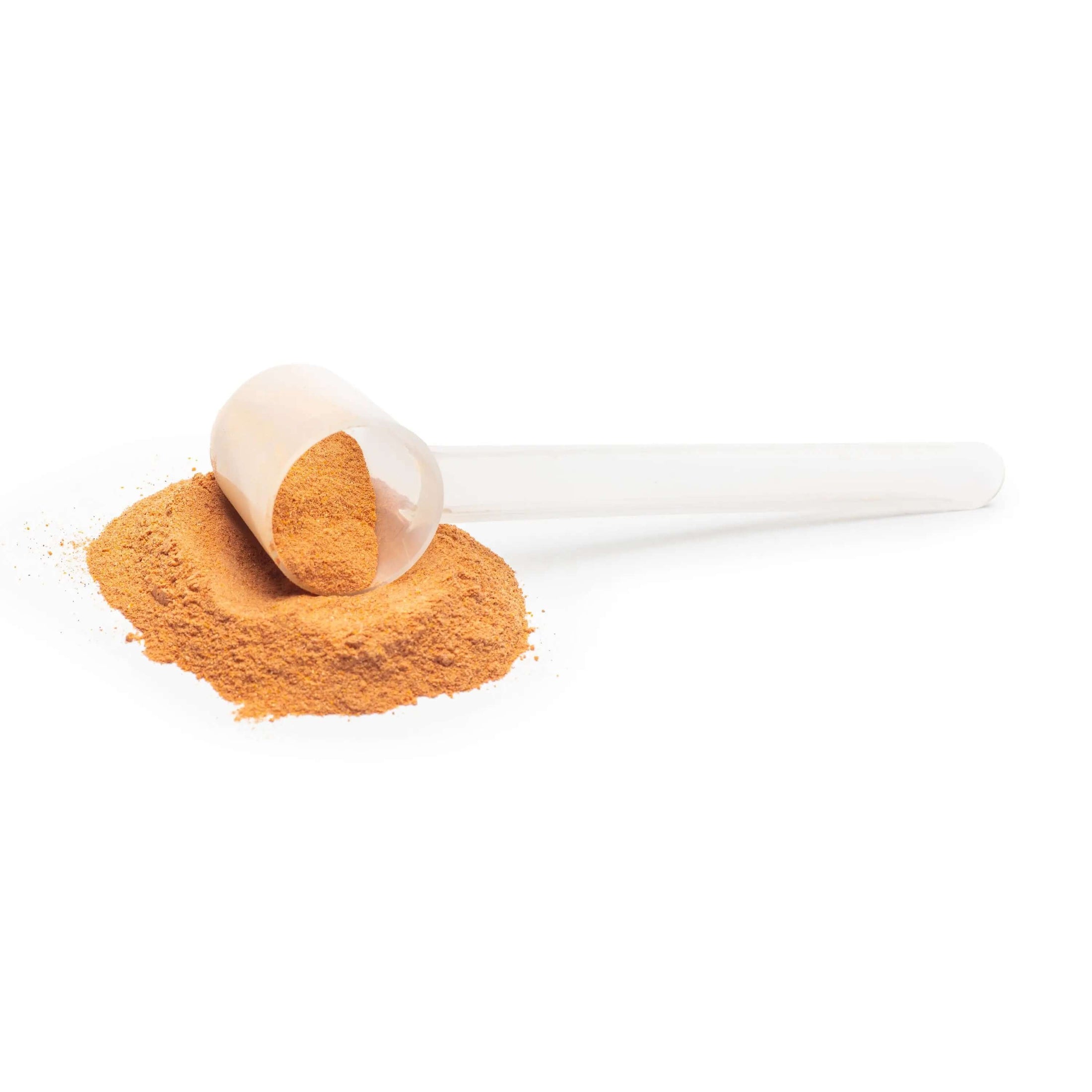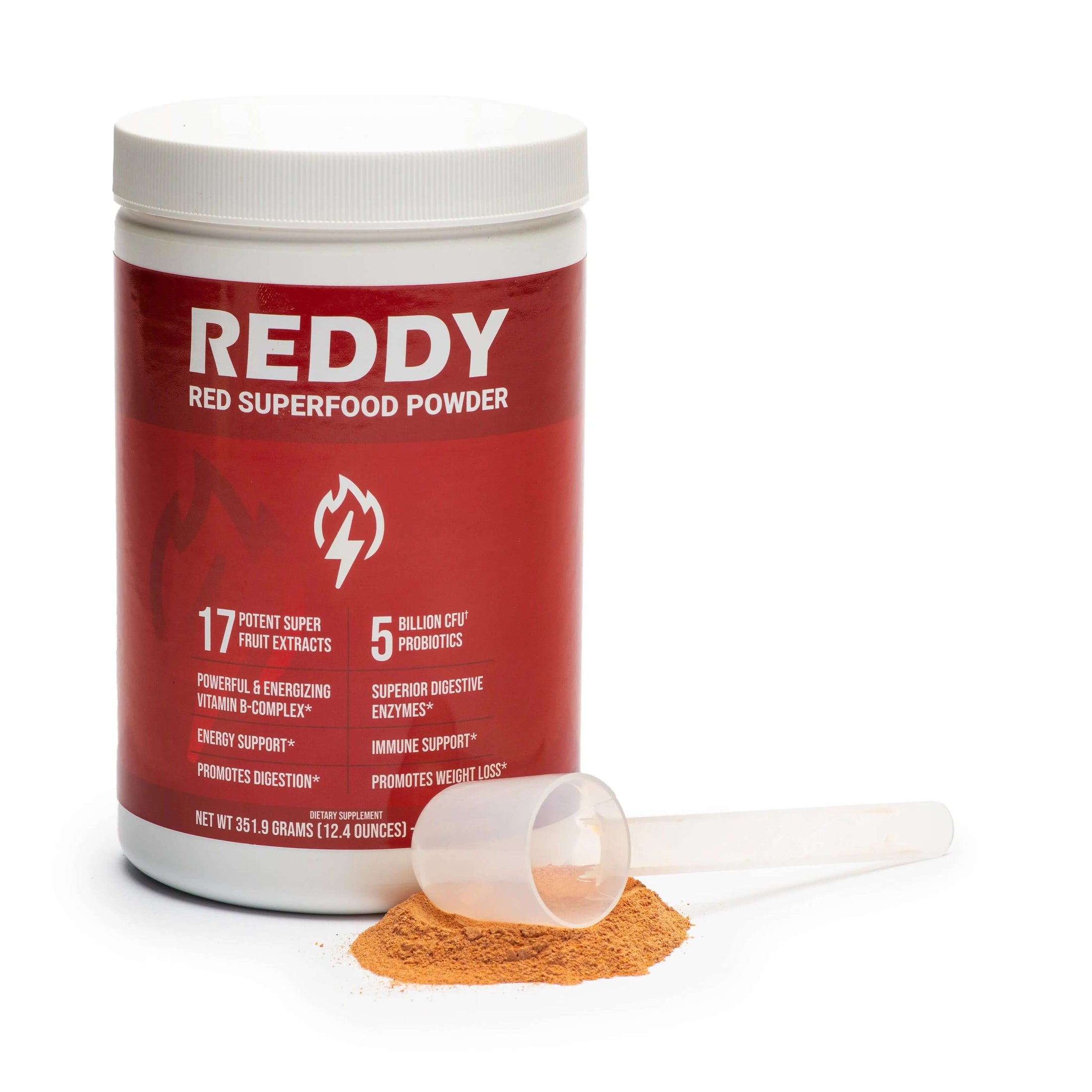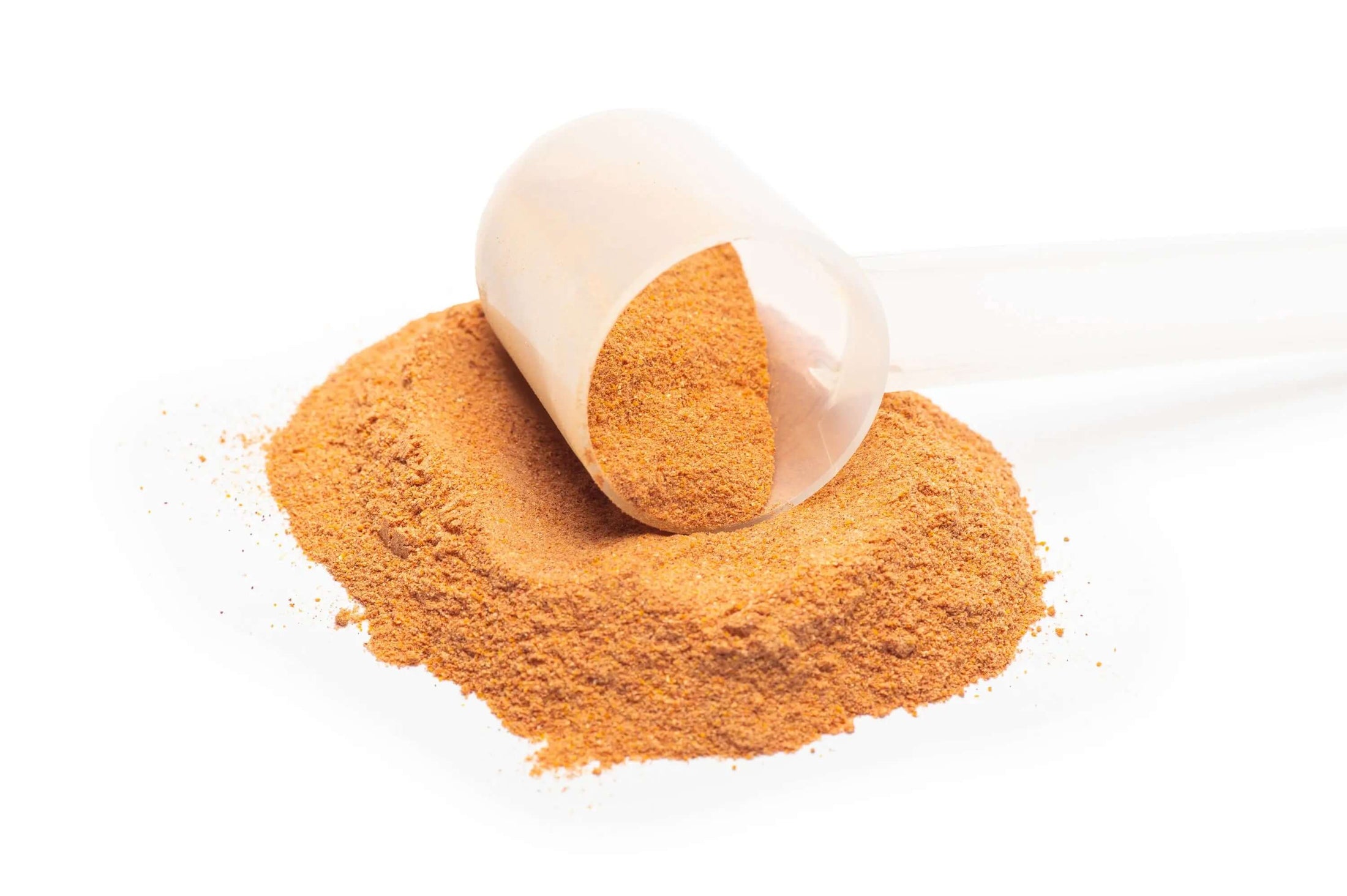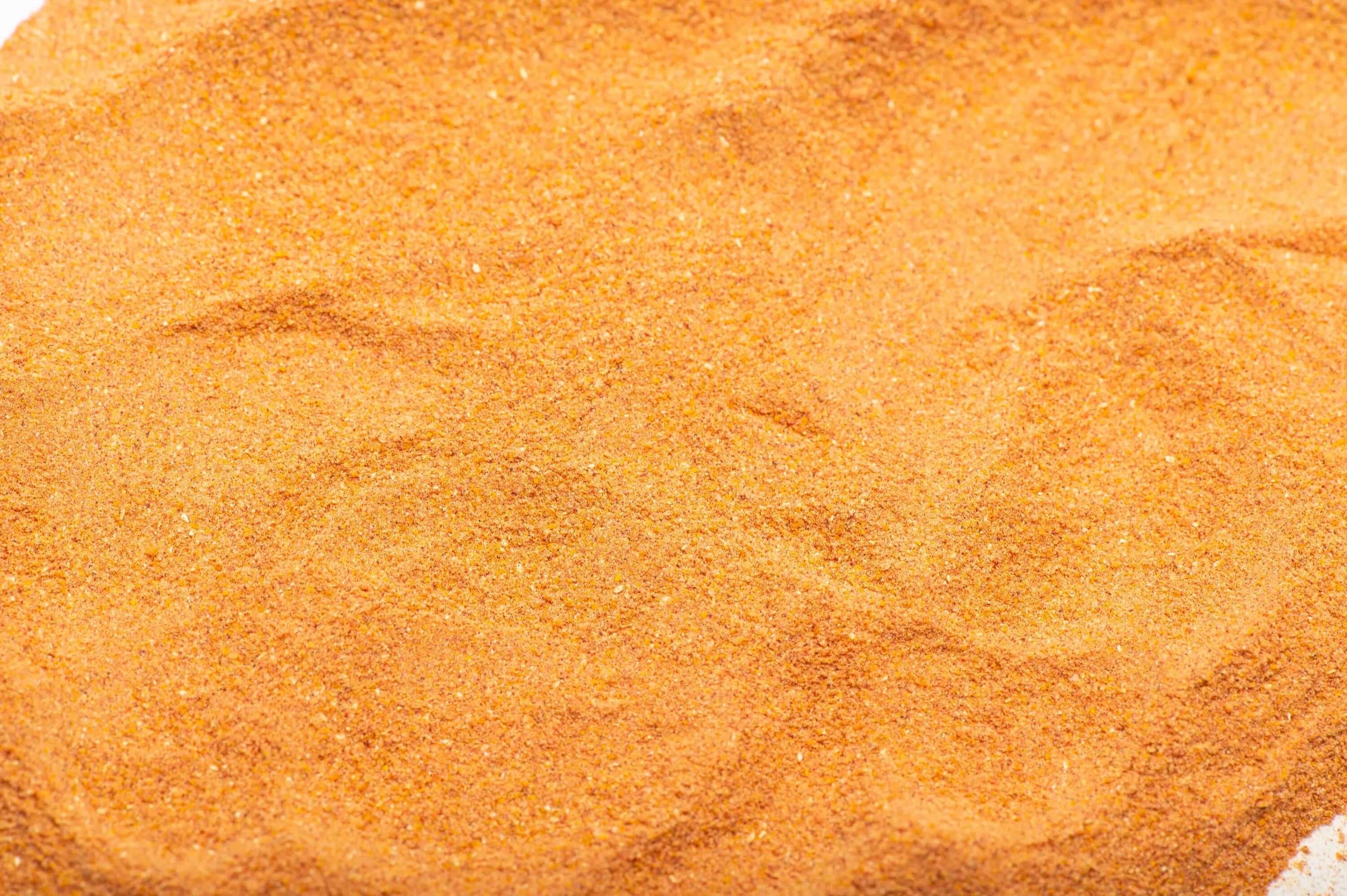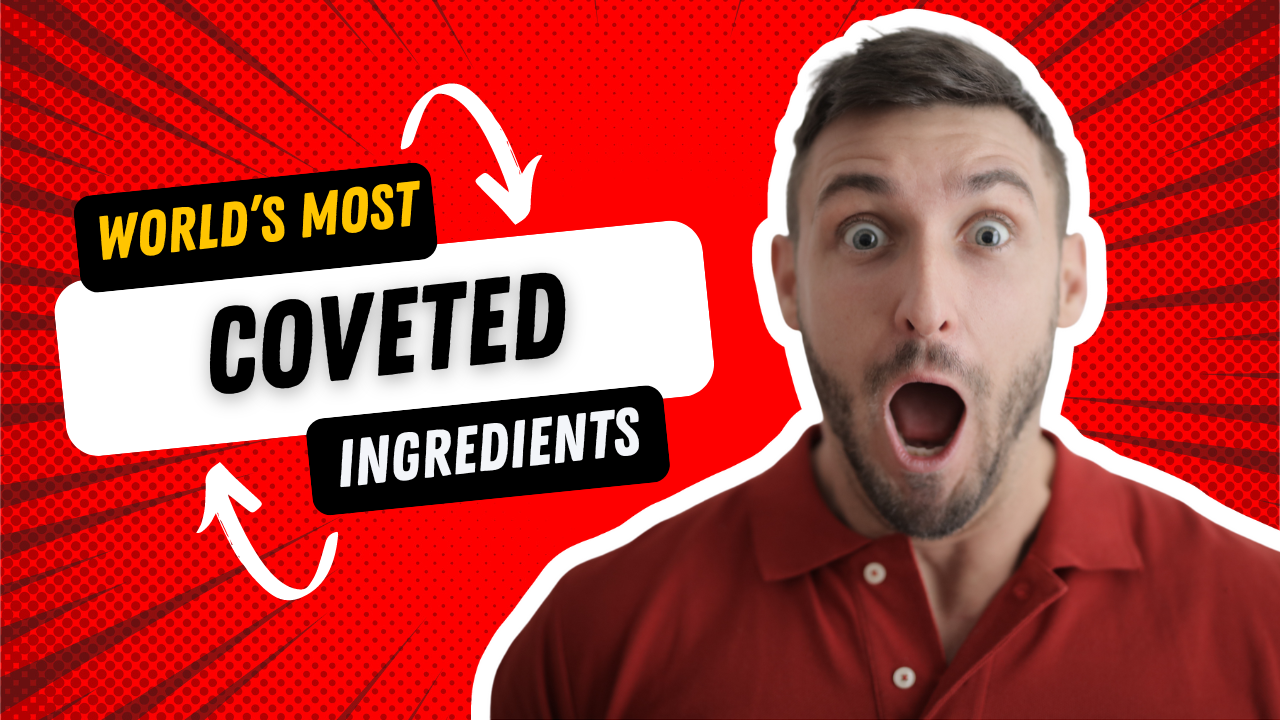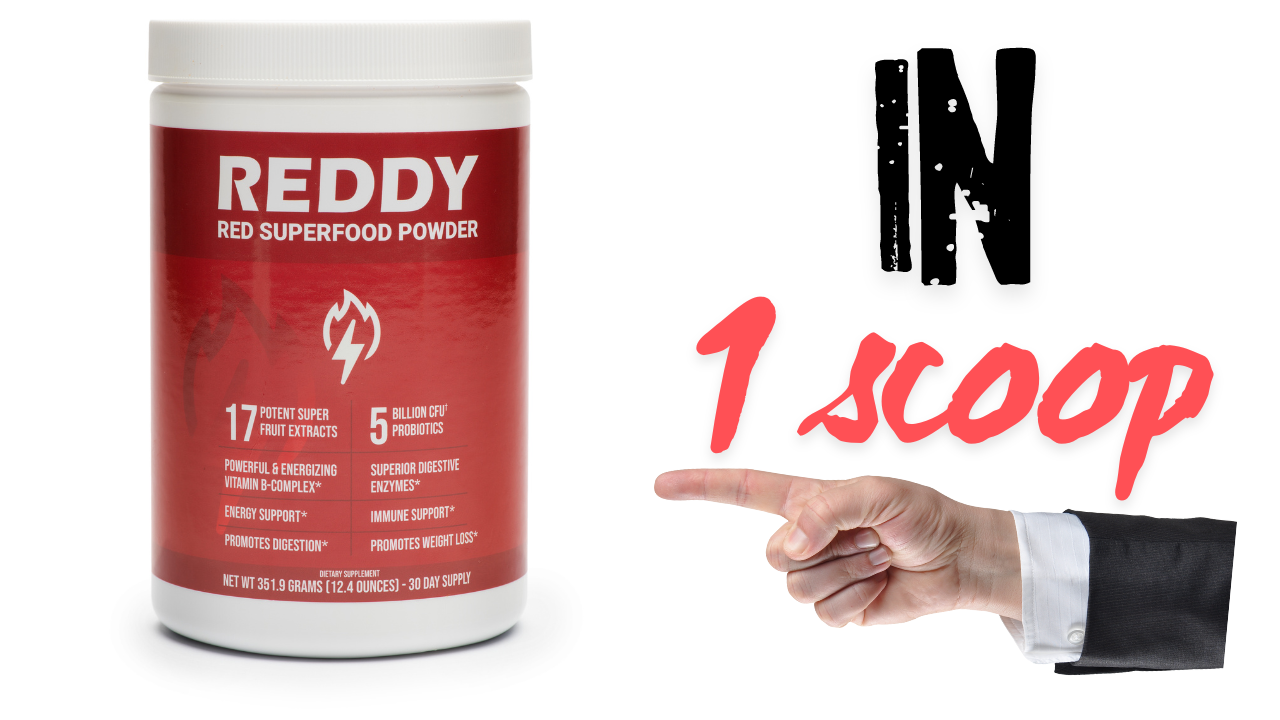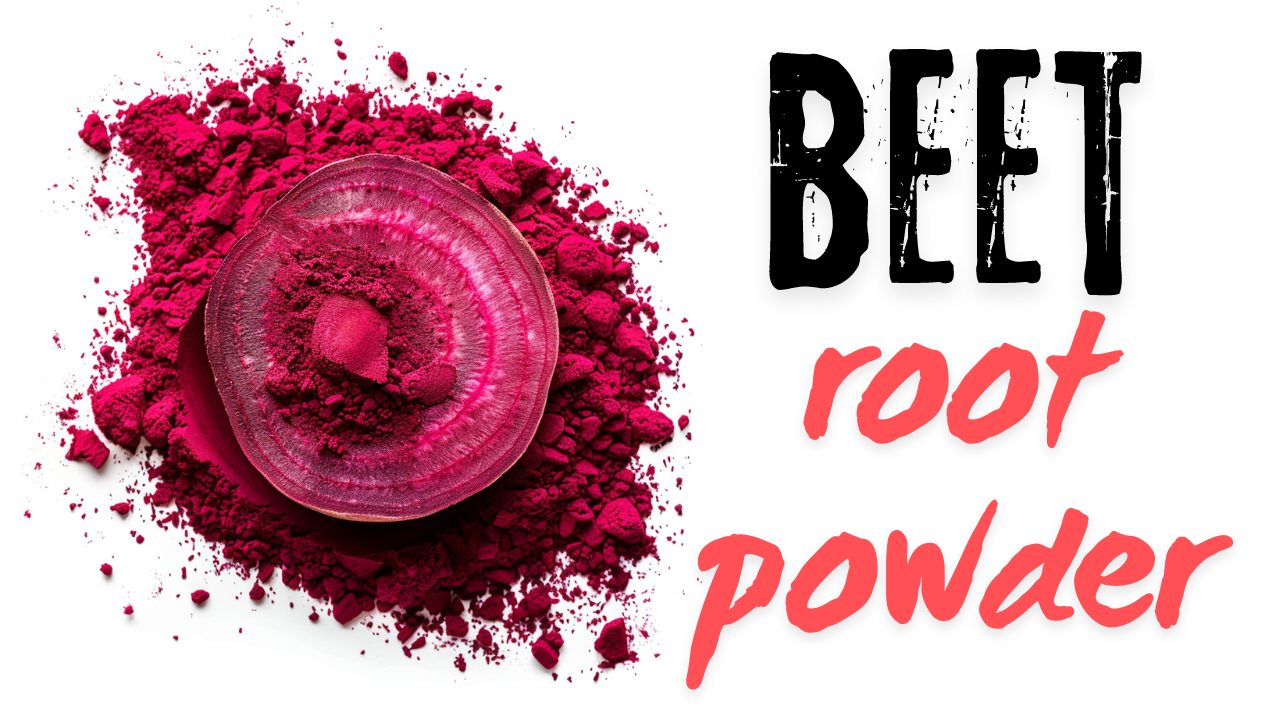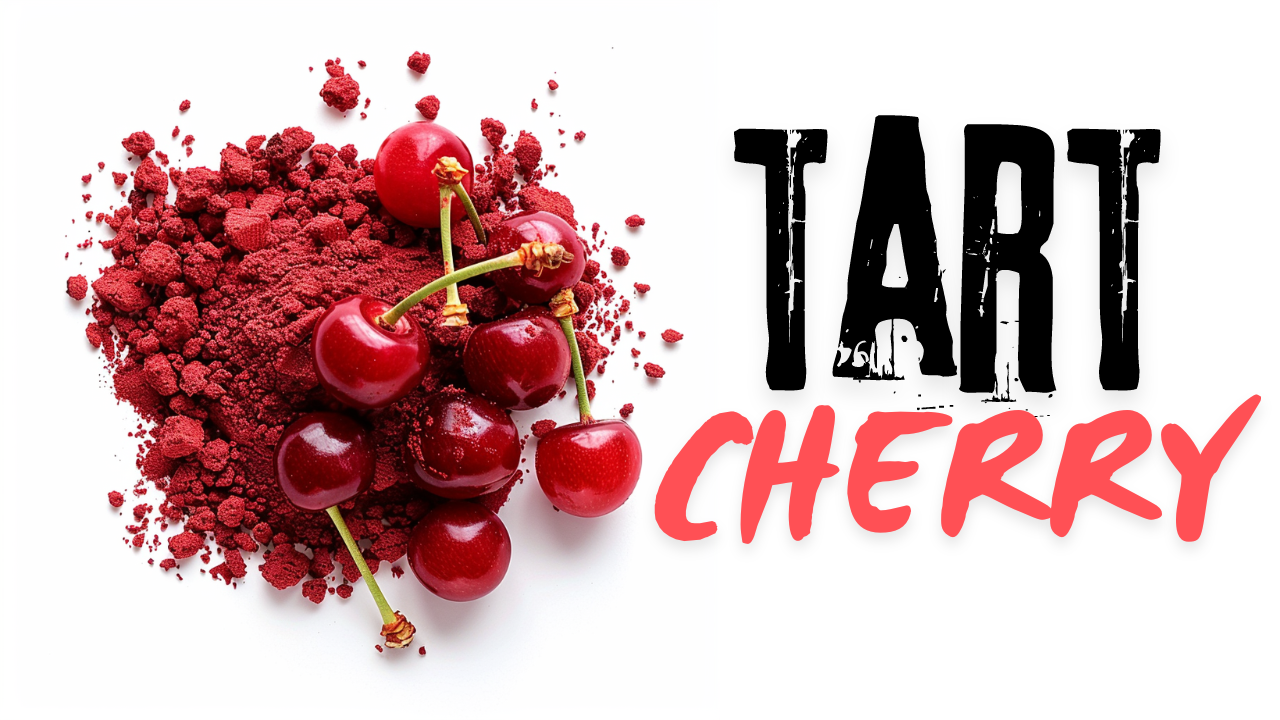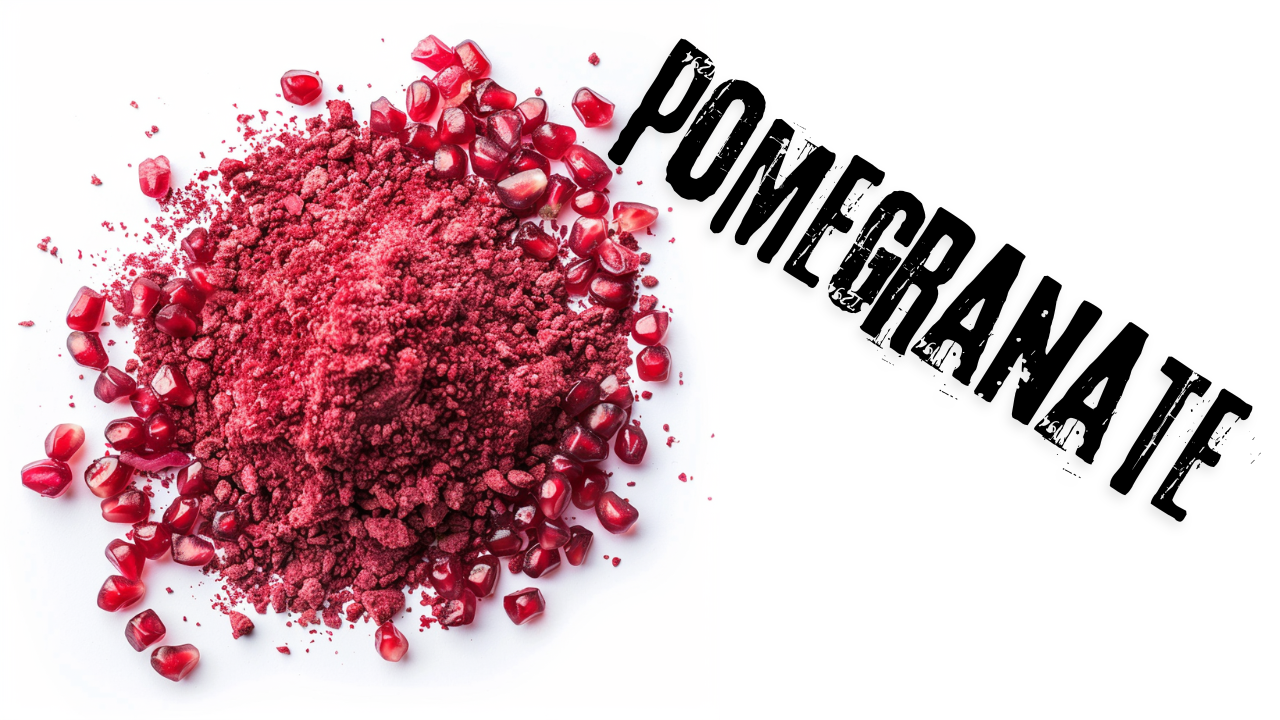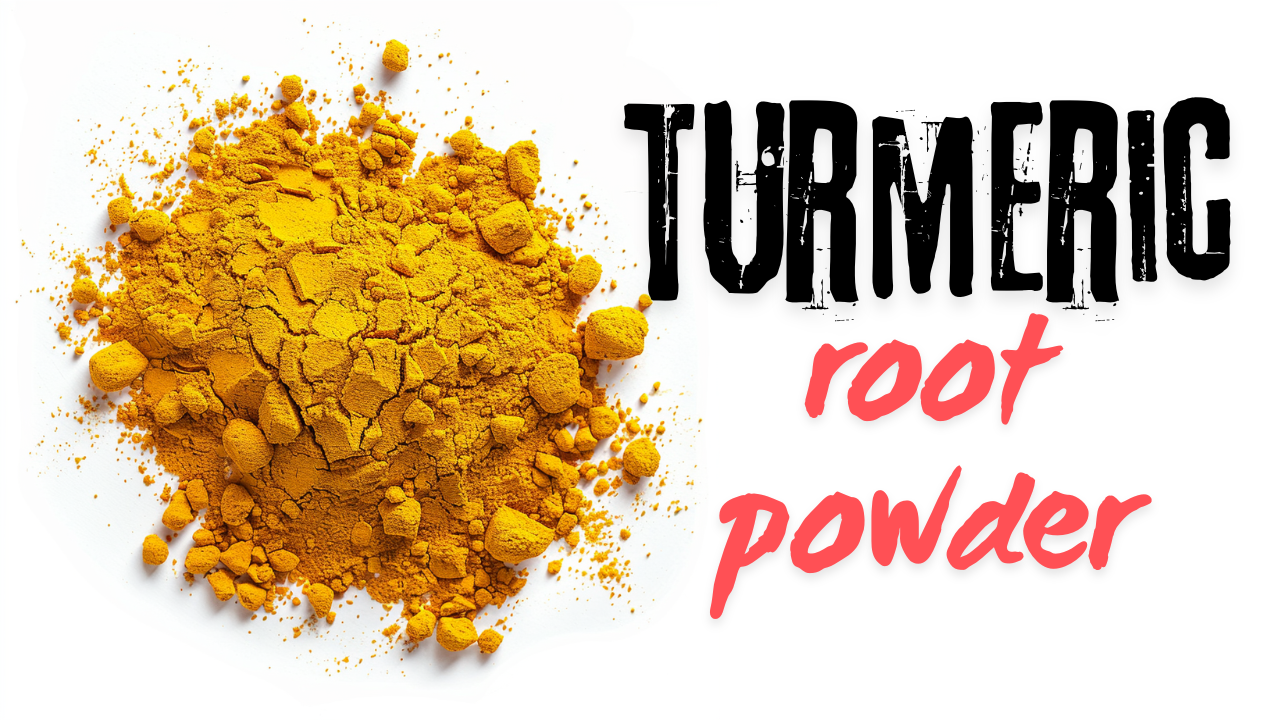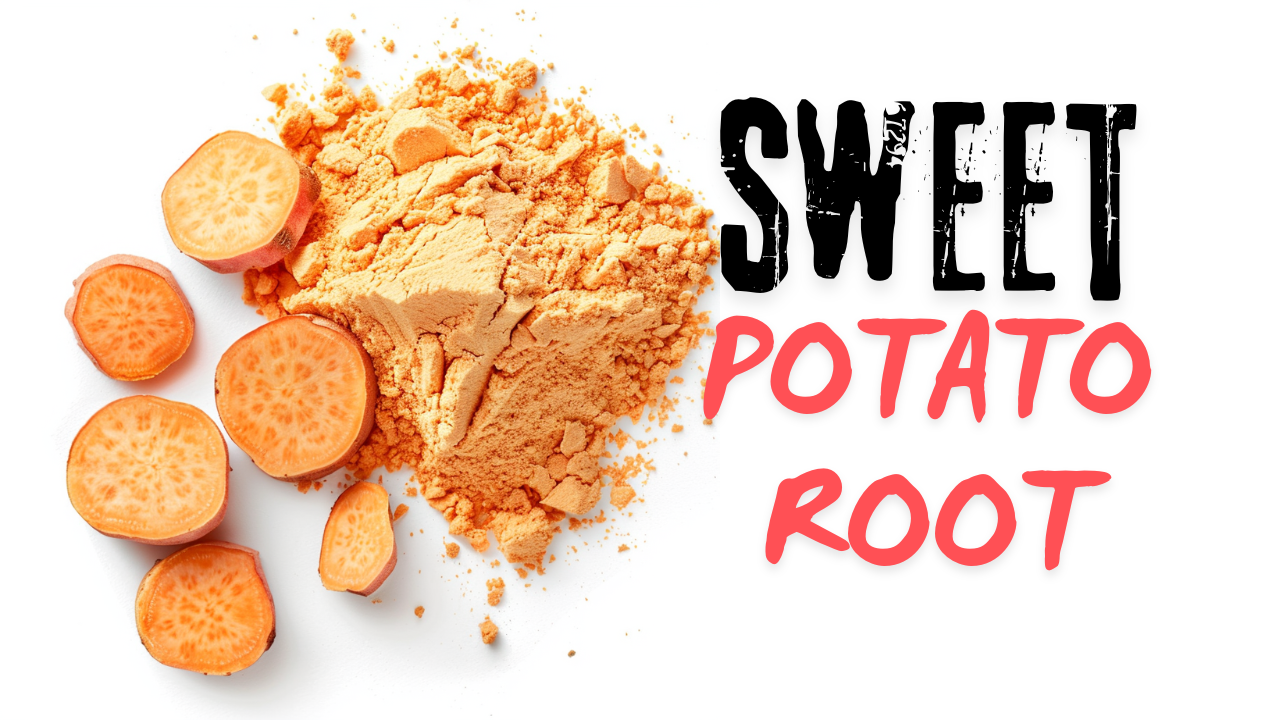Managing blood pressure is crucial for cardiovascular health, and diet plays a significant role in this process. Certain foods and supplements can help lower blood pressure naturally. However, these should be part of an overall healthy lifestyle and not a substitute for medical treatment. Here’s a guide to foods and supplements known to aid in blood pressure management:
Foods That Help Lower Blood Pressure
-
Leafy Greens: High in potassium, which can help the kidneys flush out more sodium through urine, thereby lowering blood pressure. Examples include spinach, kale, and Swiss chard.
-
Berries: Particularly blueberries, are rich in natural compounds called flavonoids, which can help lower blood pressure.
-
Beets: High in nitric oxide, which can help open blood vessels and lower blood pressure.
-
Oats: Contain a type of fiber called beta-glucan, which has been shown to reduce blood pressure levels.
-
Bananas: A good source of potassium, helping to manage blood pressure.
-
Garlic and Herbs: Garlic has been found to have a significant impact on reducing blood pressure in people with high levels. Herbs and spices can also help reduce dependence on salt for flavoring.
-
Dark Chocolate: Choose high-quality chocolate with at least 70% cocoa content, as it can help dilate blood vessels.
-
Fatty Fish: Rich in omega-3 fatty acids, which have significant heart health benefits and can help lower blood pressure.
-
Pistachios: These nuts can reduce blood pressure by reducing peripheral vascular resistance or heart rate.
-
Olive Oil: A healthy fat that contains polyphenols, which are inflammation-fighting compounds that can help reduce blood pressure.
Supplements to Lower Blood Pressure
-
Potassium: Helps counteract the effects of sodium and reduce tension in the blood vessel walls.
-
Magnesium: Can help relax blood vessels and may have an immediate impact on naturally lowering blood pressure.
-
Omega-3 Fatty Acids: Found in fish oil supplements, they can help reduce blood pressure.
-
Coenzyme Q10 (CoQ10): An antioxidant that has been shown to lower blood pressure in some studies.
-
Garlic Supplements: Can have a beneficial effect on blood pressure, especially for those with high levels.
Lifestyle and Dietary Modifications
- Reduce Sodium Intake: Lowering salt consumption can significantly impact blood pressure.
- Limit Alcohol and Caffeine: Both can elevate blood pressure, so moderation is key.
- Stay Hydrated: Dehydration can negatively affect blood pressure.
- Regular Physical Activity: Exercise is one of the most effective ways to lower blood pressure.
- Stress Management: Chronic stress can contribute to high blood pressure.
Medical Consultation
- It's important to consult with a healthcare professional before starting any supplements, particularly if you are on blood pressure medication, as there can be interactions.
- Lifestyle changes and dietary adjustments should complement, not replace, prescribed blood pressure medications.
Conclusion
Incorporating these foods and supplements into your diet, along with maintaining a healthy lifestyle, can aid in managing blood pressure. However, these should be viewed as complementary to medical treatment and not as standalone solutions. Regular monitoring of blood pressure and consultation with healthcare providers are essential to managing hypertension effectively.

